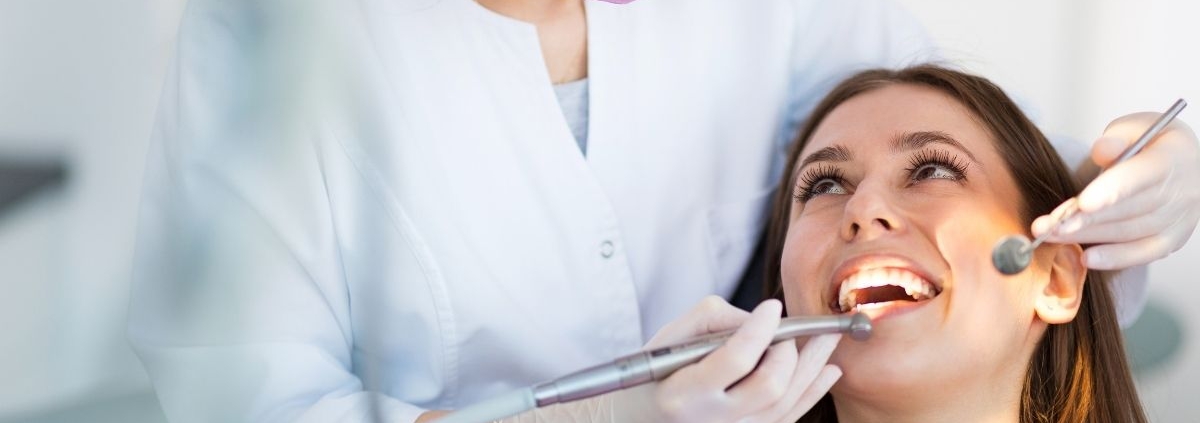Now that lockdown restrictions are easing, the dental sector is starting to re-open for appointments. However, according to the World Health Organisation (WHO), patients should delay routine appointments for the time being. Many dentists don’t agree with these guidelines, particularly due to the concern over serious oral health issues going unnoticed.
So, should you follow the WHO guidelines, or is it safe to go back to the dentist now? Below, you’ll discover everything you need to know to help you decide whether or not to book an appointment.
Is it risky to visit the dentist now?
The truth is it is risky going anywhere right now. Until the virus can be controlled, everywhere can be a potential risk. However, with the right precautions, visiting the dentist doesn’t have to be an overly risky venture.
Visiting the dentist is actually riskier for the dentist than it is for you. This is because a lot of dental procedures produce aerosols which could infect the dental worker. Most dentists will be keeping a very clean practice, following essential guidelines to keep themselves and patients safer. So, yes it is risky, but it isn’t as risky as going to the supermarket for your weekly shop.
Should I only visit the dentist if it’s an emergency?
The WHO has recommended patients should only visit the dentist if it is an emergency. However, dentists have argued that all dental work is essential. This is because without routine care, it could result in serious oral health issues later on.
Poor gum health has been shown to contribute to an increased risk of cardiovascular disease. Gum health has also been linked to Diabetes and it can help dentists to diagnose a variety of serious health conditions, including oral cancer.
You don’t need to wait for it to be an emergency before you visit the dentist. You just need to make sure the clinic is safe.
Look at your dentist’s safety precautions
Before you decide whether or not to visit the dentist, take a look at your clinic’s safety precautions. How are they addressing the pandemic and keeping their patients safe?
Dentists have introduced a wide range of safety precautions. These include pre-screening questionnaires, temperature checking, the use of PPE and staggered appointment times.
Patients are commonly asked to fill out a questionnaire which primarily looks at identifying if they have any symptoms of the coronavirus. Temperature checking before patients are seen by the dentist are also available at some clinics.
Ideally, your dentist should be using adequate PPE too, reducing your risk of catching the virus from them. So, ask about the safety precautions in place to ensure your appointment will run as safely as possible.
Visiting your dentist is safe providing they are following the right guidelines. So, if you’ve been putting off heading to the dentist, book an appointment today to avoid any issues later. Call CK Dental in Bristol today on 0117 905 9866.



 Milk teeth
Milk teeth






